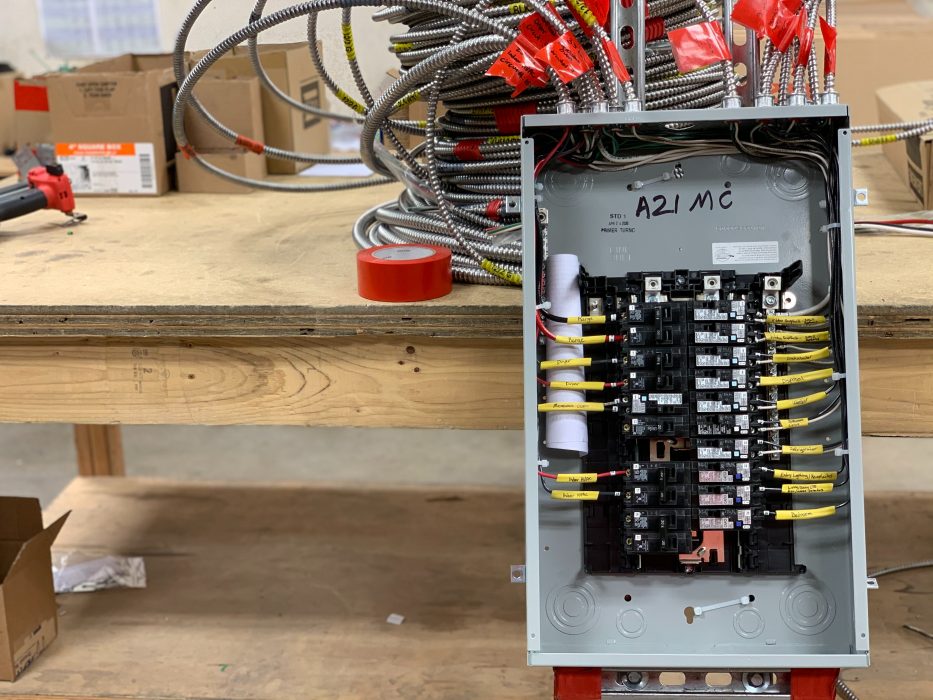
The electrical wiring of your home is similar to veins and arteries in the human body. While veins transport blood, your wiring transmits power to every electronic component in your home. Over time, parts of this intricate system can get damaged. Such disasters could present a fire or shock hazard. Despite this, many people take the wiring of their homes for granted. Consequently, faulty electrical wiring is the cause of thousands of accidental fires. Although it's advisable to get a professional to assess and fix any faults in your home's wiring, there are steps you can take to ensure it remains top-notch.
Even so, it's worth noting that not all electricians are the same. Due to differences in regulations, an electrician in Laval may require a different set of skills than their counterpart in New York. Still, there are several initiatives you can take on your own to ensure you have a healthy wiring system. If you feel overwhelmed by this, you need not worry. Checking for faults in the wiring of your home doesn't require you to be an astute electrician. For those who may be new to electrical wiring, this article covers some of the basics to help you keep your family safe.
Damaged, aged, and poorly installed wiring should be dealt with as soon as possible. A problem in this system could be detrimental to all electrical components in your home. For this reason, identifying a fault early enough is very crucial. Since most people aren't extensively conversant with the field, it can be hard to tell if there is a wiring fault.
Nevertheless, there are a few warning signs that can help you identify a problem early on.
Although dimming and flickering lights are somewhat typical, they can be a sign of an overloaded circuit. If this happens for a prolonged period, it could indicate that powerful devices are using up more amps in the line. This behavior could either mean that the wiring is faulty or the circuit breaker needs replacement.

The purpose of circuit breakers is to prevent the likelihood of fire by tripping every time the circuit begins to overload. When a circuit breaker constantly trips, it could mean two things; either the wiring is faulty or too many high amp devices have been plugged in. If the latter is the dilemma, a circuit breaker tester can decipher where the problem is originating. However, if the amp load of the appliances is less than what the circuit breaker or fuse is rated for, there could be a problem with the wiring.
While getting shocked by an outlet or switch could mean they are faulty, sometimes it goes way beyond that. In some cases, this could indicate that a wire has lost its insulation. If you replace the socket or switch and the problem prevails, then the wiring of your home is most probably faulty, and it would be best to consult a professional.
Your nose could help you sniff out defective wiring in your home. When there is a short on the circuit, it causes appliances to burn, releasing an acrid smell. Therefore, if you smell any smoke odors, you should call a professional immediately and keep a fire extinguisher close.
Defective wiring can cause a myriad of problems for the occupants of that home. For this reason, any signs of faulty wiring should be dealt with swiftly to prevent further damage and more detrimental consequences. The information above can help you determine whether the electrical wiring in your house is safe.
